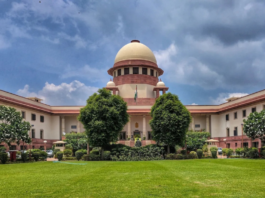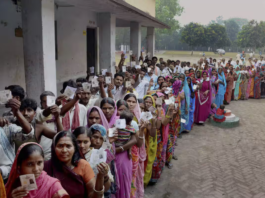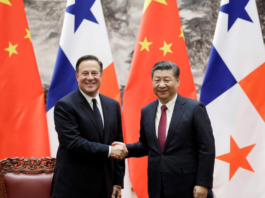
On Thursday, the five BRICS emerging countries announced that they would accept Saudi Arabia, Iran, Ethiopia, Egypt, Argentina, and the United Arab Emirates. This decision was made in an effort to increase the bloc’s influence as it works to rebalance the existing global order.
The BRICS expansion may potentially open the door for dozens more nations to apply for membership in the organisation, which has promised to address their complaints about an international order that many believe is biased against them.
BRICS, an abbreviation created by a Goldman Sachs economist, currently consists of Brazil, Russia, India, China, and South Africa.
Beijing and Moscow are working to create BRICS into a strong counterweight to the West in response to the growing geopolitical polarisation caused by Russia’s invasion of Ukraine and China’s deteriorating relations with the US.
“BRICS has embarked on a new chapter in its effort to build a world that is fair, a world that is just, a world that is also inclusive and prosperous,” said South African President Cyril Ramaphosa, who is hosting a summit of BRICS leaders.
On January 1, 2024, the six candidate nations will formally join. Both Ramaphosa and Luiz Inacio Lula da Silva kept the door open for future consideration of other nations.
“We have consensus on the first phase of this expansion process and other phases will follow,” Ramaphosa said at a media briefing.
In an apparent allusion to the escalating hostilities between Russia and the West over the Ukraine issue, Lula claimed that the promises of globalisation had been broken and that it was time to revive collaboration with developing nations since “there is a risk of nuclear war.”
President Mohammed bin Zayed of the United Arab Emirates (UAE), whose nation is already a shareholder of the bloc’s New Development Bank, expressed his gratitude for being included in the enlargement.
The decision by the BRICS leaders to ask Ethiopia to join was hailed as “a great moment” by Ethiopia’s Prime Minister Abiy Ahmed.
As a sign of the bloc’s expanding influence, UN Secretary-General Antonio Guterres was there for the announcement of the extension on Thursday.
He reaffirmed a BRICS demand that organisations like the UN Security Council, the International Monetary Fund, and the World Bank undergo reforms, saying that these institutions “reflect yesterday’s world.”
“For multilateral institutions to remain truly universal, they must reform to reflect today’s power and economic realities. In the absence of such reform, fragmentation is inevitable,” he said.
The three-day meeting in Johannesburg has prioritised the discussion of enlargement. And while all of the BRICS nations officially stated their support for the bloc’s expansion, there were disagreements among the presidents as to how quickly and by how much.
Even though the BRICS countries account for nearly 40% of the world’s population and a quarter of its gross domestic product, the group has long struggled to make a significant impact on the political and economic landscapes of the world.
“This membership expansion is historic,” China’s President Xi Jinping said in remarks following the announcement on enlargement. “It shows the determination of BRICS countries for unity and cooperation with the broader developing countries.”
According to South African officials, more than 40 nations have expressed interest in joining BRICS, and 22 have formally requested admission.
They represent a diverse group of prospective candidates drawn to BRICS by their pledge to rebalance international organisations now controlled by the United governments and other affluent Western governments. They are motivated primarily by a desire to level the playing field for all nations.
The bloc’s growth, according to India’s Prime Minister Narendra Modi, could serve as an example for other international organisations.
“The expansion and modernization of BRICS is a message that all institutions in the world need to mould themselves according to changing times,” he said.



